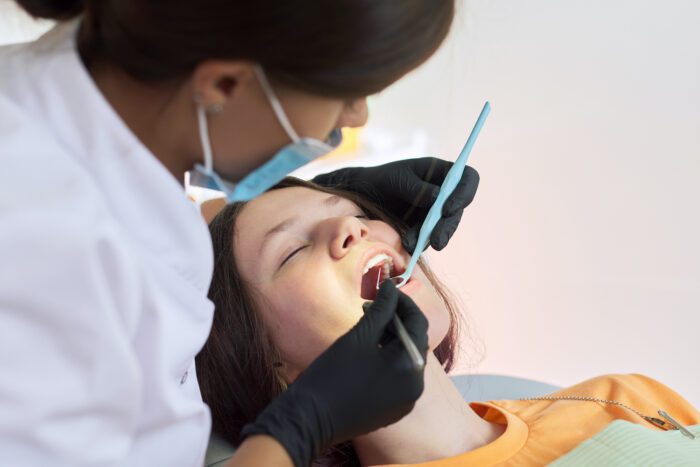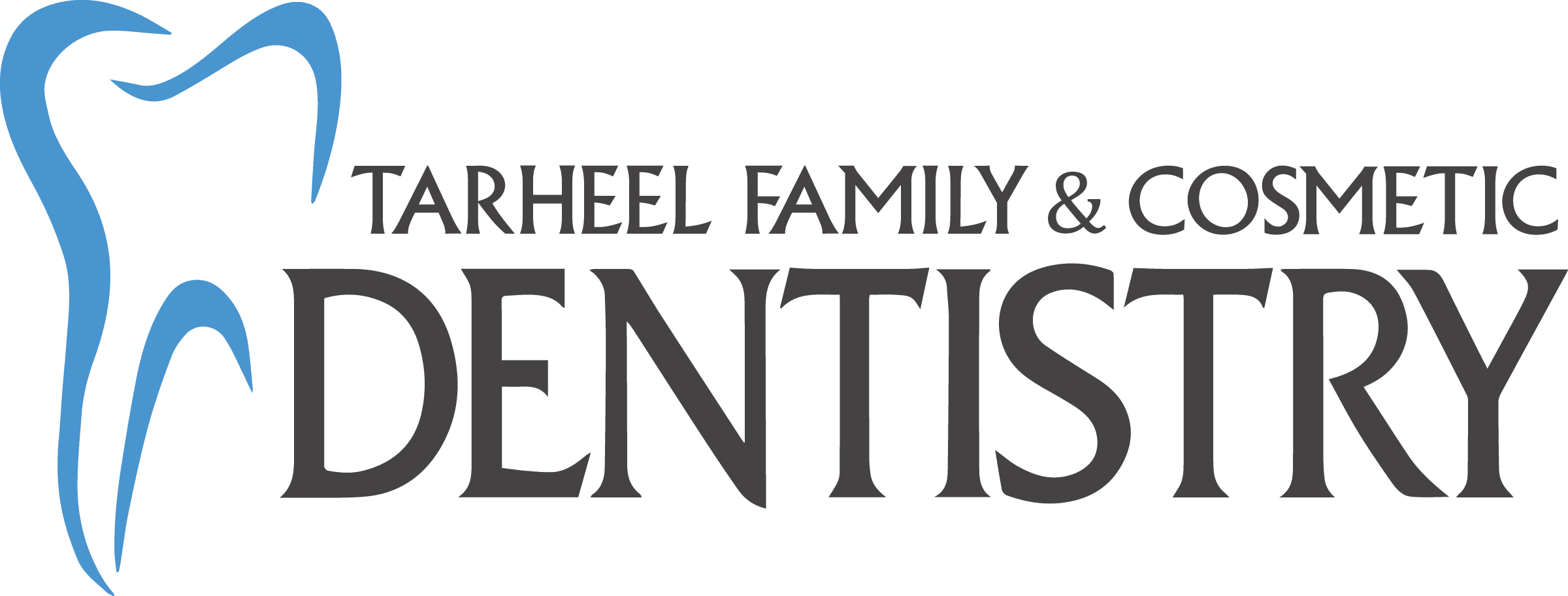Periodontal (gum) disease is something that affects a majority of patients at some point in their life. While not all cases of gum disease in Chapel Hill, NC, require invasive treatment, some instances could need more extensive procedures. Treating gum disease depends mainly on how widespread and deep the disease is in your gums. If gum disease is caught early on, you may be able to treat it with improved oral hygiene routines. But if gum disease continues to progress, you may need periodontal therapy.

Stages and Treatment for Gum Disease in Chapel Hill, NC
Gum disease has different stages that can affect your treatment and oral health in different ways. At the early stage of gingivitis, most patients can treat and prevent further gum disease with an antibacterial mouthwash. However, once treatment advances to the periodontitis stage, more extensive treatment is needed. With successful periodontal therapy, you could treat your gum disease and help improve your oral health.
Scaling and Root Planing
For patients who need extensive treatment, scaling and root planing can often help combat gum disease. This form of periodontal therapy is a deep cleaning method in which your dentist removes plaque and other bacteria to allow healing and restoration. Periodontal therapy can often take a long time, and some patients may have their treatment split into phases. Your dentist will clean one quadrant or arch of teeth at a time to provide more comfort and quicker recovery time after appointments.
Oral Surgery
When gum disease reaches an advanced stage of periodontitis, your dentist may recommend oral surgery to help your gums. In these cases, your dentist will coordinate with a local oral surgeon for treatment. Oral surgery can often help clean your gums and remove the disease from your mouth.
Periodontal Maintenance Appointments
After you’ve had gum disease, you’re at a greater risk of redeveloping disease or other forms of decay. To help protect your oral health, your dentist will likely schedule you for routine periodontal maintenance appointments. These appointments are often every three months, lining up with your regular hygiene visits. By getting additional cleanings for your gums, you can often help prevent further dental conditions and avoid more extensive treatment.
Signs of Gum Disease
If you aren’t visiting the dentist regularly, it may be hard to notice the early signs of gum disease. For many patients, the most common symptom of gum disease is bleeding gums when brushing or flossing teeth. While some cases of bleeding could be caused by other factors (such as food stuck between teeth), constant bleeding is often a sign of gum disease.
If you notice that your gums are bleeding or appear swollen, you may need periodontal therapy. Contact Tarheel Family & Cosmetic Dentistry at (919) 551-8847 to schedule your consultation and learn more about gum disease and how it affects your health.
